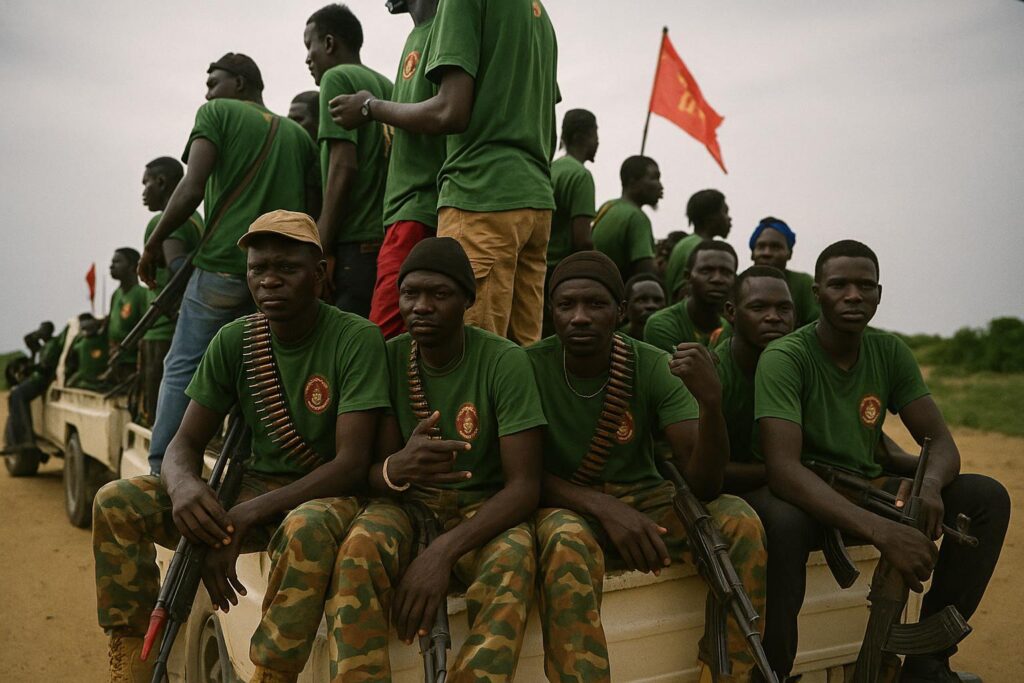Rise of Red Belt Vigilantes in Jonglei
In recent weeks Jonglei State has witnessed the rise of a self-styled vigilante known locally as the Red Belt. Equipped with uniforms, machine guns and pick-ups, its members patrol Bor Town and adjacent cattle camps, claiming to shield residents from rustlers and child abductors.
Officials in Juba, however, disagree. Governor Dr Riek Gai Kok and Bor County Commissioner Samuel Ateny Pech have publicly classified the outfit as a criminal network accused of robberies and assaults on security personnel.
Government Reaction and Community Perceptions
The national army’s Chief of Defence Forces, Gen Paul Nang Majok, reinforced that stance, telling reporters that any group bearing arms outside the law “will be dismantled decisively.” He is currently overseeing joint disarmament operations in Bor.
Segments of the Bor diaspora suspect a deeper agenda, arguing that the crackdown weaponises state power against their community, mirroring the campaign once waged against the White Army in Upper Nile earlier this year.
Historical Tensions Influence Present Day
Suspicion is rooted in a long history. After Dr John Garang’s death in 2005, President Salva Kiir gradually sidelined Garang’s political protégés, many of whom hail from Greater Bor. Observers note that memories of those purges still inform today’s mistrust.
Analysts also recall the 2013 cabinet dismissal and a succession of coup claims that weakened dissenting commanders. For critics, the present focus on Red Belt fits an established pattern of pre-empting real or imagined threats to Kiir’s authority.
Oil Block B2 Speculation and Economic Stakes
Economic calculations complicate the picture. Social media commentators link the security sweep to Oil Block B2, where South Africa’s Strategic Fuel Fund and Nilepet have begun exploration. Removing armed youth, they argue, could ease future field operations.
Official documentation on the project remains limited, making verification difficult. Yet rumours gain traction in a context where previous oil booms elsewhere were accompanied by forced displacement and heavy-handed pacification campaigns.
Roadmap for Sustainable Security Reform
Conflict researchers say durable peace requires credible security-sector reform, a cohesive national army, and community policing able to curb cattle raids without vigilantism. The stalled 2018 peace deal still offers an agreed blueprint.
Until such reforms advance, Jonglei risks a cycle in which local defence groups invite state crackdowns, which in turn feed new grievances. Whether Red Belt becomes a footnote or a flashpoint will depend on dialogue, accountability, and inclusive economic planning.


